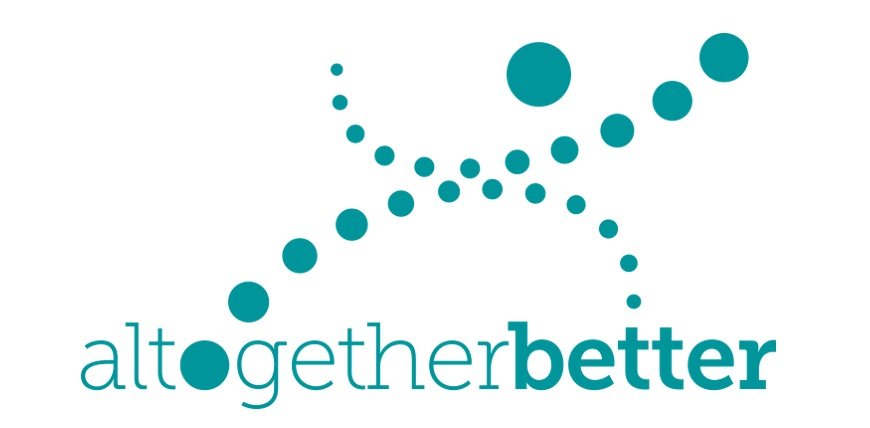Developing community provision as part of social prescribing.
Part of a social prescriber’s role can involve creating community groups and activities. However, our research has highlighted it is often difficult for them to undertake such work due to time constraints. In this blog, Stephanie Tierney reports on a conversation she had with a social prescriber who has been given space and support to develop a range of community-based groups and activities.
Sarah Oliver is a social prescriber working in a market town that lies just outside of Oxford. Its relatively rural location can make access to community provision difficult for residents. Therefore, when Sarah started her role as a social prescriber in 2019, she wanted to set up some groups to serve the local population. This ambition was put on hold during the pandemic but, in 2023, she linked with an organisation called Altogether Better. This organisation has extensive experience of advancing new ways of supporting health and community development. It helped Sarah to establish practice champions – volunteers who wanted to be involved in supporting activities linked to their GP surgery.
Altogether Better also helped Sarah to set up an initial set of groups; these included a digital café to assist people with using technology for health-related interactions and a walking group that takes place every Monday. Since then, the number of groups and activities that Sarah now supports is 15, many of which have come from ideas suggested by practice champions. For example, a weekly community lunch was established because otherwise residents living in the area had to travel some distance to attend such an event. Groups supported by Sarah include:
Further walking groups that provide an opportunity for people to interact with others in their community
A ‘connections’ group that brings people together to engage in an activity or game
A Monday meet-up in a local pub
A Parkinson’s group that has now been taken on by Parkinson’s UK
A peer support group for people with type 1 diabetes
A book group
A men’s meet up group
A cancer and beyond group
These activities and groups are run within local venues, including libraries and church halls. Some groups are better attended than others. For example, the book group is now full. Conversely the cancer group, set up because a patient had described how difficult they found travelling to nearby groups in more densely populated areas, has not been that well attended. Plans are in place to try and reach more patients who have had cancer through a letter sent via the surgery, informing people of this group.
Sarah’s success in establishing community activities has resulted in other social prescribers seeking advice from her on developing a volunteers and group structure associated with primary care. However, Sarah is aware that there is still work to be done. She reflected that of the 21,000 patients who are part of the practice she serves, only a small number currently engage with these groups. This could be due to how widely they are publicised and who gets to hear about them. She is planning some outreach work to help spread the word. Furthermore, there is a potential role for practice champions to let local residents know about opportunities available for support and company in the local area.
Sarah suggested that part of the success of this community development work has stemmed from the support provided by the practice where she works and staff based there. She noted how GPs attended a practice champions summer gathering and bought Easter eggs for these volunteers. In addition, GPs have described practice champions as being part of the team at the surgery. This makes these volunteers feel valued and able to share their views and ideas.
© 2025 University of Oxford

